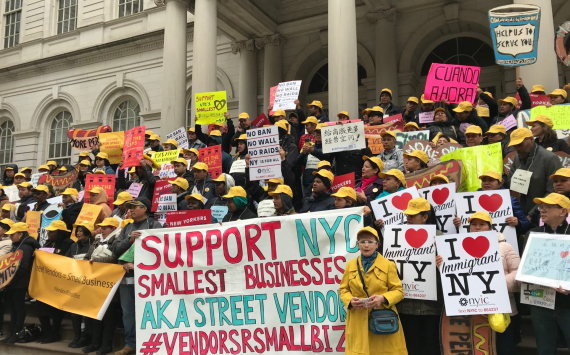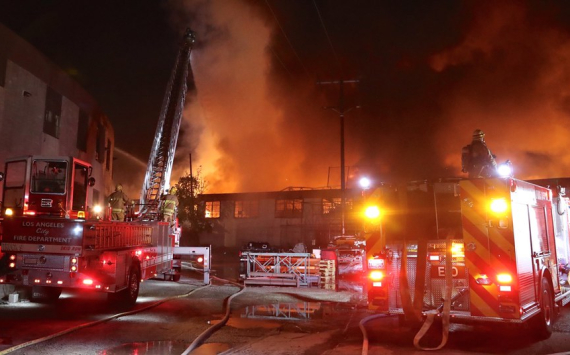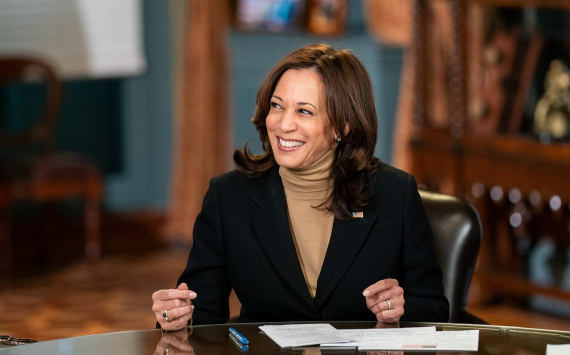
Merchants will be given a run for their money
By 34 votes in favour to 13 against, the City Council passed Intro.1116-B, a bill proposed by Democrat Margaret Chin of Manhattan back in 2018 that would increase the street vending licenses issued by the Health Department from 2,900 to 6,900.
This will happen in July 2022, and while most licences will need to be renewed every 2 years, another 400 will last for 10 years, with 300 of them to be granted to residents of the "outer boros" and the rest to be eligible for all city residents. In addition, some permits will be allocated to ex-servicemen and people with disabilities.
If now the cost of the license including the fee is 250 dollars, then after the adoption of the law it will be doubled, and the payment will have to be made annually, and not only at the time of renewal. However, small businesses are unlikely to object, as Chin pointed out that her bill aims not only to provide additional economic opportunities, but also to eliminate the black market in licences whose owners illegally allow others to use them.
In such cases, the fees are sometimes as high as $25,000 over a 2-year period. After all, the number of licenses, which has not changed in decades, is much smaller than the number of people who want to engage in street trade. And demand, as you know, creates supply.
According to Mohamed Attia, director of the Street Vendor Project run by the non-profit Urban Justice Center, the urgency of the decision is greater than ever because many city dwellers have faced layoffs and lost their sources of income because of the epidemic. For them, selling food or any goods on the street could be a way out, and eliminating the black market would make it less likely that such people would have to work in order to pay the official licensee in the first place.
The bill has received support from Mayor Bill de Blasio, although objections have been raised by the retail and restaurant industries, which have also been hit by the crisis and have no interest in increasing the number of competitors. Perhaps some restrictions, such as that trolleys cannot be placed closer than 20 feet from the entrance to cafés or shops, will alleviate some of their concerns.













































